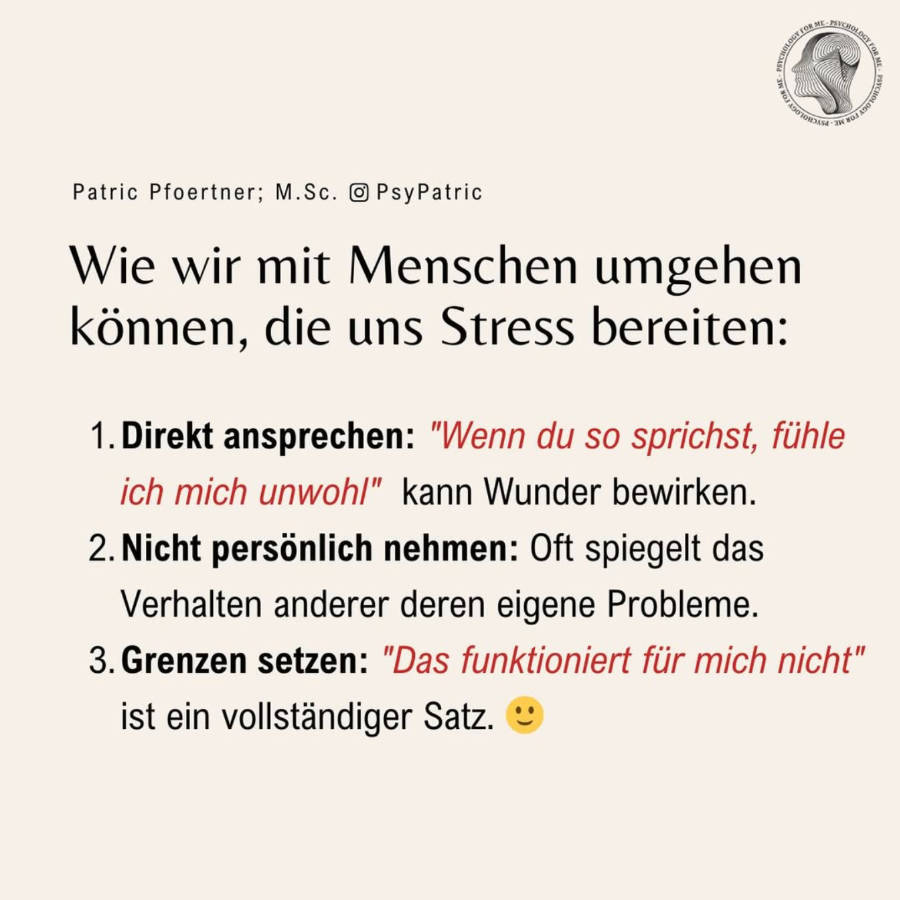Understanding Emetophobia: An Introduction
Living with an intense fear can be incredibly isolating, especially when that fear revolves around something as universal as vomiting. If you've found yourself here, you likely understand this feeling deeply. Emetophobia, the debilitating fear of vomiting or seeing others vomit, is a specific phobia that, while often misunderstood, significantly impacts the lives of those who experience it. Taking this self-assessment is a brave first step towards understanding your experience and considering paths to greater freedom.
This "Emetophobia Self-Assessment" is designed to help you gain clarity on how this fear might be influencing your life. In just a few moments, this test will provide you with an initial snapshot of your symptoms. Specifically, this test:
- Measures the intensity of your fear related to vomiting, both your own and that of others.
- Identifies common avoidance behaviors and safety rituals you might engage in to cope with your anxiety.
- Highlights how this specific phobia may be impacting various aspects of your daily life and well-being.
Common Questions About Emetophobia
As a psychologist, I frequently encounter individuals grappling with this often-hidden phobia. It's natural to have many questions and feel confused or alone in your experience. Let's address some of the most common inquiries:
What exactly is emetophobia?
Emetophobia is classified as a specific phobia: an intense, irrational fear of vomiting or seeing others vomit. It's far more than just a dislike of throwing up; it's a pervasive anxiety that can lead to extreme avoidance and significant distress.
How common is it, and who is affected?
While often underreported, emetophobia is considered one of the more prevalent specific phobias. It can affect anyone, regardless of age or gender, often emerging in childhood or adolescence.
What are the typical symptoms of emetophobia?
Symptoms extend beyond the fear itself, including intense anxiety and panic, obsessive checking (e.g., food expiry dates, body sensations), significant avoidance of specific foods, places, or social situations, and physiological reactions like rapid heart rate or sweating just from thinking about vomiting.
How does emetophobia impact daily life?
The impact can be profound. Individuals might severely restrict their diet, avoid social gatherings, public transport, or travel. This constant vigilance and avoidance can severely limit one's quality of life and sense of freedom.
Can emetophobia be treated effectively?
Absolutely. Emetophobia is highly treatable. The most effective approach is typically cognitive-behavioral therapy (CBT), particularly exposure and response prevention (ERP). This involves gradually and safely confronting triggers while learning new coping mechanisms and challenging irrational thoughts.
When should I consider seeking professional help?
If your fear of vomiting significantly interferes with your daily functioning, causes intense distress, limits your social life, affects your diet, or makes you avoid necessary activities, then professional support could be immensely beneficial. You don't have to face this alone.
Remember, understanding is the first step toward healing. This self-assessment offers a starting point, but genuine relief often comes with compassionate, professional guidance. If your results suggest a significant impact, or if you simply feel overwhelmed by your fear, please consider reaching out to a qualified mental health professional who specializes in anxiety disorders or phobias. You deserve to live a life free from the grip of this fear.
























